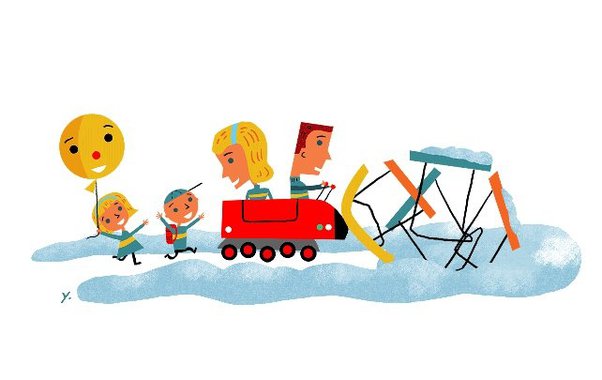Unmasking Bulldozer Parenting: Understanding the Hidden Harm to Children

Bulldozer parents, also known as snowplow parents or lawnmower parents, are characterized by their overprotective and overly controlling behavior towards their children. While both bulldozer parents and helicopter parents exhibit excessive involvement in their children’s lives, bulldozer parenting can have more detrimental effects on children. Here are some reasons why bulldozer parenting can be harmful:
- Lack of resilience: Bulldozer parents remove obstacles and challenges from their children’s paths, often clearing the way for them to avoid any discomfort or failure. While this may seem helpful in the short term, it denies children the opportunity to develop resilience, problem-solving skills, and the ability to cope with adversity. As a result, children may struggle to handle setbacks and may have difficulty navigating the real world independently.
- Unrealistic expectations: Bulldozer parents often have high expectations for their children and may place immense pressure on them to excel academically, socially, or in other areas. These unrealistic expectations can lead to chronic stress, anxiety, and feelings of inadequacy in children. Children may feel that they are never good enough, as their self-worth becomes tied to meeting their parents’ expectations.
- Lack of independence: Bulldozer parents tend to micromanage their children’s lives, making decisions for them and controlling various aspects of their day-to-day activities. This overinvolvement can inhibit the development of independence and autonomy in children. They may struggle with decision-making, problem-solving, and taking responsibility for their actions later in life.
- Limited self-esteem and self-confidence: Constantly being shielded from challenges and failures can lead to a lack of self-esteem and self-confidence in children. When they are not allowed to face and overcome obstacles on their own, they may doubt their own abilities and feel dependent on others for success. This can hinder their personal growth and prevent them from reaching their full potential.
- Strained parent-child relationships: While bulldozer parents may have good intentions, their excessive interference and control can strain the parent-child relationship. Children may feel suffocated, resentful, or rebellious as they grow older and seek independence. This can create a rift between parents and children, making it difficult for open communication and mutual understanding to thrive.
- Inadequate problem-solving skills: By constantly clearing their children’s paths, bulldozer parents inadvertently prevent their children from developing essential problem-solving skills. These skills are crucial for navigating challenges and making informed decisions later in life. Without the opportunity to learn from their mistakes and find solutions independently, children may struggle with critical thinking and problem-solving in adulthood.
It’s important to note that parenting styles can vary, and not all parents who exhibit bulldozer behaviors harm their children to the same extent. However, it is generally recognized that excessive control and overprotection can hinder children’s development and ability to become self-sufficient individuals. Finding a balance between support and independence is key to raising emotionally and psychologically healthy children.
Picture Courtesy: Google/images are subject to copyright








